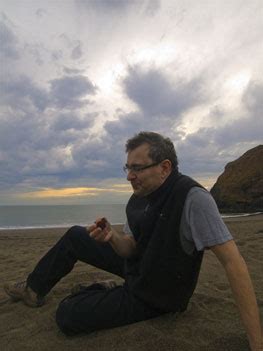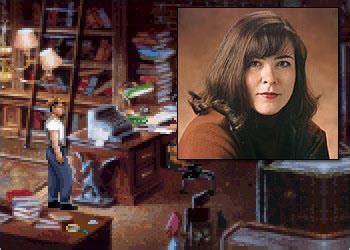A Quote by Erik Adigard
Design is in everything we make, but it's also between those things. It's a mix of craft, science, storytelling, propaganda, and philosophy.
Quote Topics
Related Quotes
Oddly, since by now I've written quite a lot on early modern philosophers, I didn't care for the history of philosophy, which I thought dull and obscure, until I got a minor job writing articles for a children's encyclopedia in the history of science and began to make connections between science and philosophy.
I went to a seminar early in my career on the craft of storytelling by Robert McKee. It was really life altering. There are basic principles on how to craft an engaging story and he covers them well. He's got a book out, 'Story,' that I would highly recommend to anyone interested in improve their storytelling.
The place has had a super-conflicted relationship to its mission. In 1956, it opened as the Museum of Contemporary Crafts. Then in 1986 it had a midlife crisis and changed its name to the American Craft Museum. Then in 2002 the name changed again, this time to the Museum of Arts and Design. Maybe in 2025 the place will be called the Designatorium. The big problem with a museum of craft and design is that all art has craft and design.







































